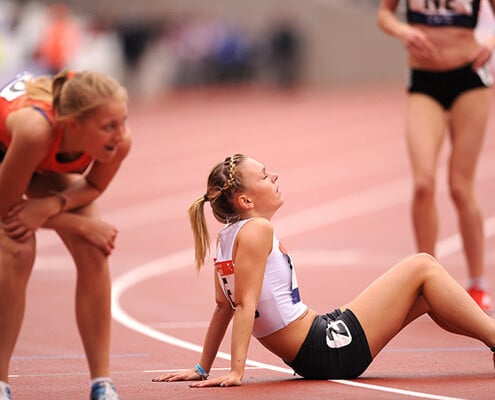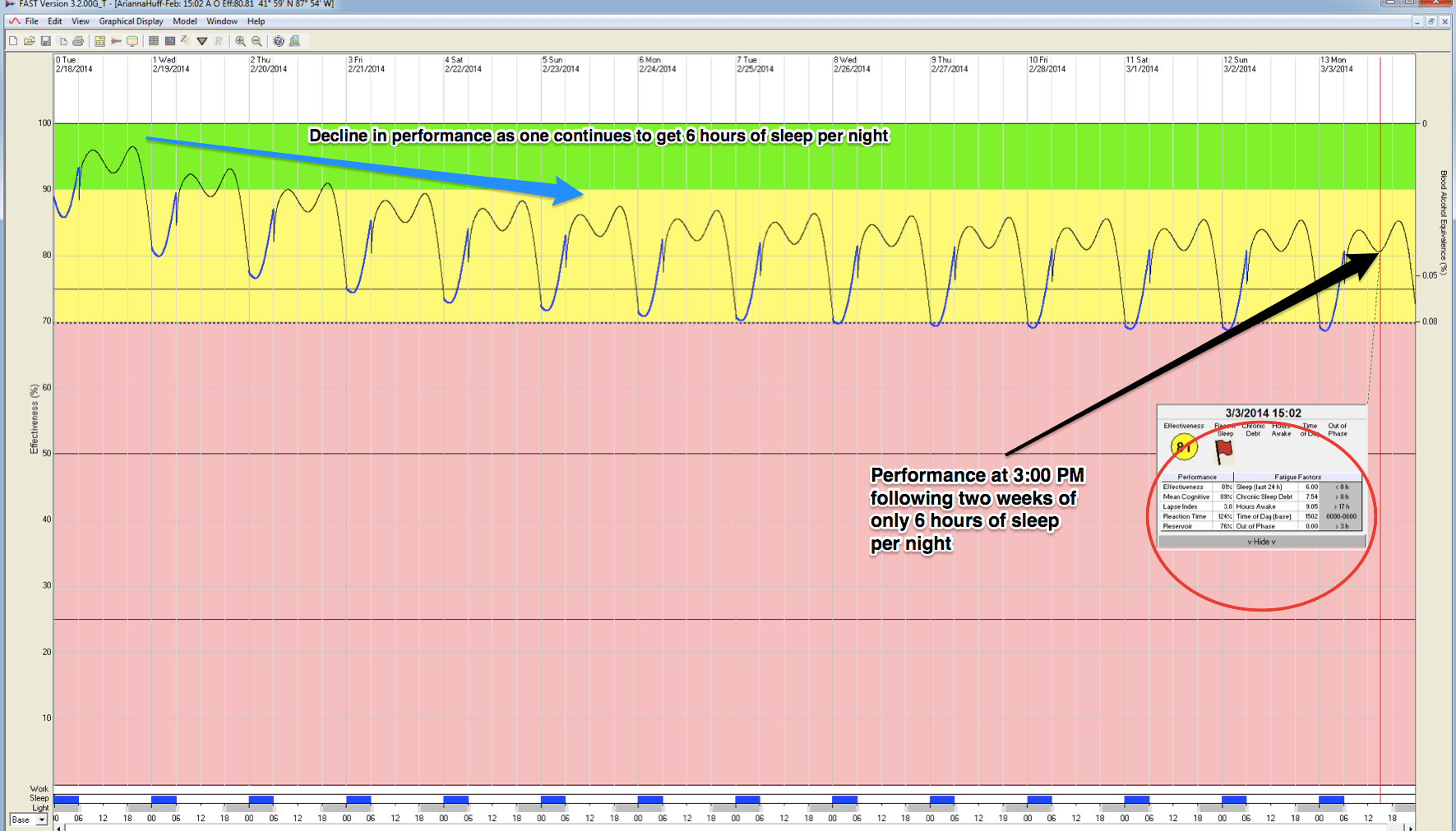
We often talk about the importance of managing athletes sleep and schedules to optimize a professional athlete’s performance at game time, but the less immediate benefits of ensuring players are rested can be seen in the length of their careers and likelihood of health-issues or injuries.
Yes, a strategically rested basketball player will be 9.3% more likely to make that three-point shot at the buzzer and a baseball player more likely to swing at the right time to hit that fastball – but there is evidence to show that athletes who pay attention to sleep suffer less injuries and have longer careers.
A study conducted at the University of California looked at whether over-scheduling and lack of sleep contributed to injuries in youth athletes and concluded that fatigue-related injuries were related to sleeping less than 6 hours the night before a game. Additionally, the study concluded that a number of factors, including activity volume, intensity, sleep time and recovery time should be considered in order to optimize the player safety when scheduling sporting events. Another study, conducted by sleep researcher Dr. Christopher Winter, examined the fatigue levels of NFL and MLB players and found a relation between athlete sleepiness and career longevity in both leagues.
When an athlete is not getting sufficient sleep, the effects on personal performance and health are threefold: First, fatigue affects reaction time, making a tired athlete slower to react to a potential hit on the ice or the field. Second, fatigue affects the body’s immune system, making players more susceptible to bouts of illness. Third, shorter sleep periods do not provide the body with sufficient time to regenerate cells and repair the abuse from workouts and games. Over time, game-earned injuries, health issues and the inability to fully recover can wear on an athlete and contribute to early retirement or career-ending injuries and performance failure.
In professional sports, season’s are lengthy and require careful planning to manage an athlete’s performance to reduce mid or end season fatigue. Including the post-season, NHL players can expect to play up to 34 weeks out of the year. It’s not much better for NBA, MLB and NFL players who, respectively, can see up to 32, 30, and 20 weeks of action in a season. Even Tiger Woods was fatigued by the end of this year’s PGA season.
For optimal sport performance and fatigue mitigation, it’s not just about how long you sleep, it’s also about when you sleep and how well you sleep. Factor in the long professional sport season, team travel and practice, and scheduling sleep to maximize the performance of a team or athlete becomes a complicated endeavour – but one that team management should examine for both the short and longer term performance of their athletes.
Check out this blog post to see which professional athletes are currently making sleep a priority.




